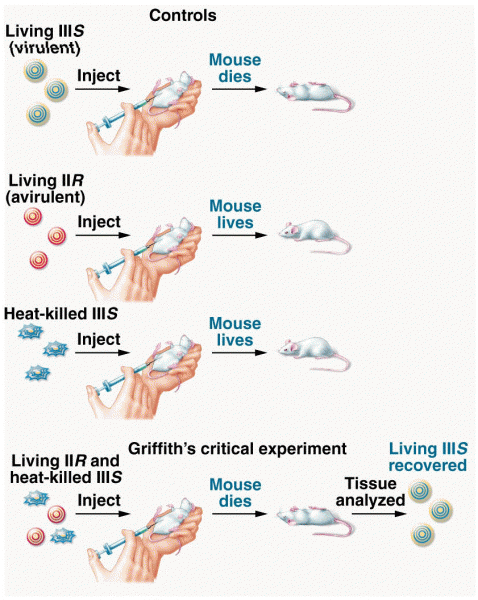- Grade 11 and 12 Mathematics (Moderator: geoffrey)
This topic contains a solution. Click here to go to the answer
|
|
|
- Grade 11 and 12 Mathematics (Moderator: geoffrey)
Did you know?
Atropine was named after the Greek goddess Atropos, the oldest and ugliest of the three sisters known as the Fates, who controlled the destiny of men.
Did you know?
To prove that stomach ulcers were caused by bacteria and not by stress, a researcher consumed an entire laboratory beaker full of bacterial culture. After this, he did indeed develop stomach ulcers, and won the Nobel Prize for his discovery.
Did you know?
There are over 65,000 known species of protozoa. About 10,000 species are parasitic.
Did you know?
HIV testing reach is still limited. An estimated 40% of people with HIV (more than 14 million) remain undiagnosed and do not know their infection status.








